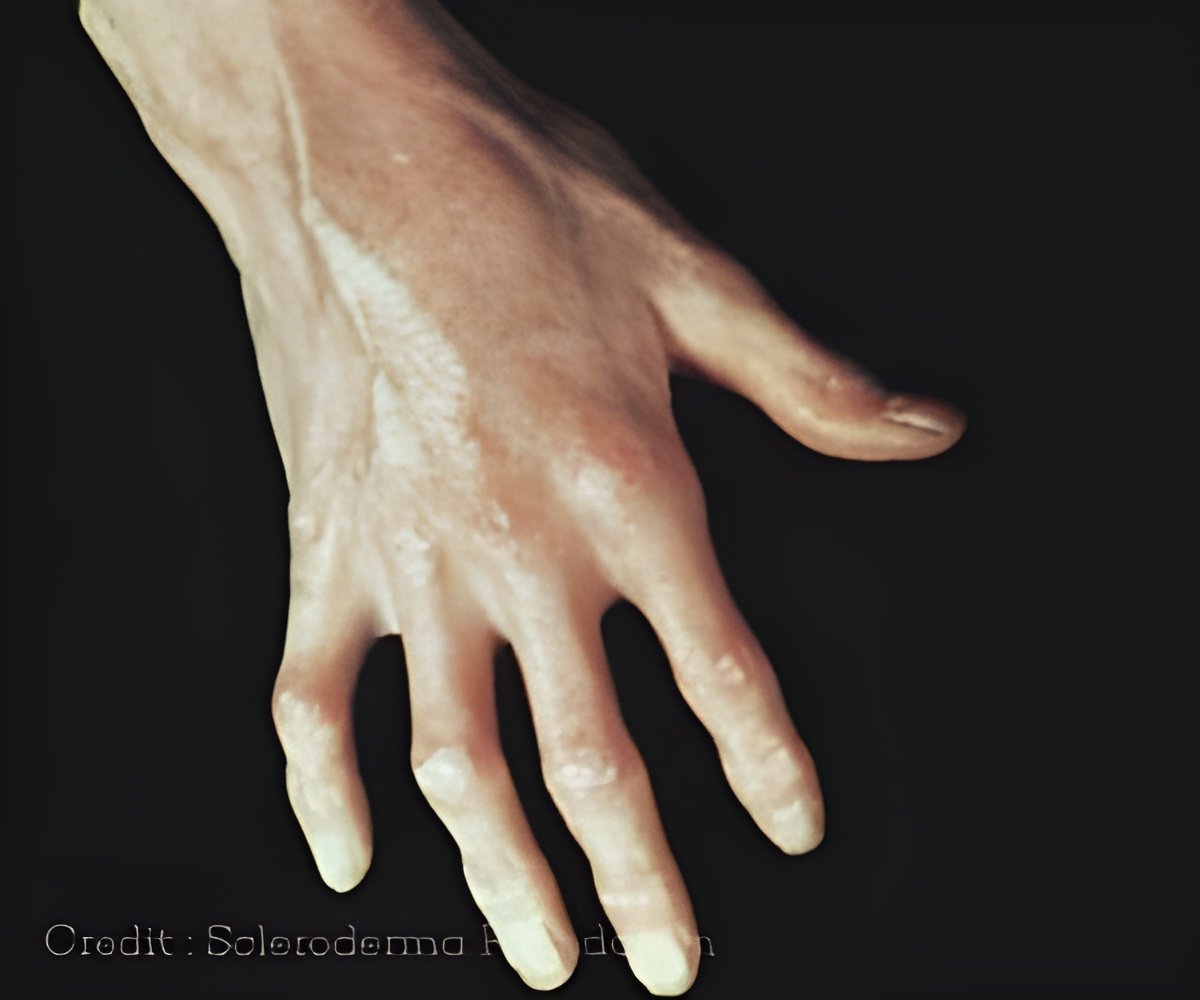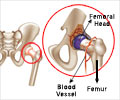Hydroxychloroquine when given to treat moderate to severe hand pain and radiographic osteoarthritis was found to be not very effective.

TOP INSIGHT
Severe hand pain could not be treated effectively with the use of off-label drug hydroxychloroquine.
The pain can be debilitating and few therapies are effective. As such physicians seek alternatives to improve quality of life for patient suffering from hand osteoarthritis.
Hydroxychloroquine has been used as an off-label treatment, but data on its efficacy is sparse.
Researchers from the Leeds Institute of Rheumatic and Musculoskeletal Medicine and NIHR Leeds Biomedical Research Centre randomly assigned 248 participants with symptomatic and radiographic hand osteoarthritis to either hydroxychloroquine (200 to 400 mg) or placebo for 12 months with ongoing usual care.
The goal was to determine the effectiveness of hydroxychloroquine versus placebo as an analgesic treatment.
The authors concluded that hydroxychloroquine was no more effective than placebo for pain relief.
The researchers also noted that a lot of hand pain may be caused by tendon problems, rather than arthritis, which hydroxychloroquine would not have helped.
Source-Eurekalert
 MEDINDIA
MEDINDIA




 Email
Email




